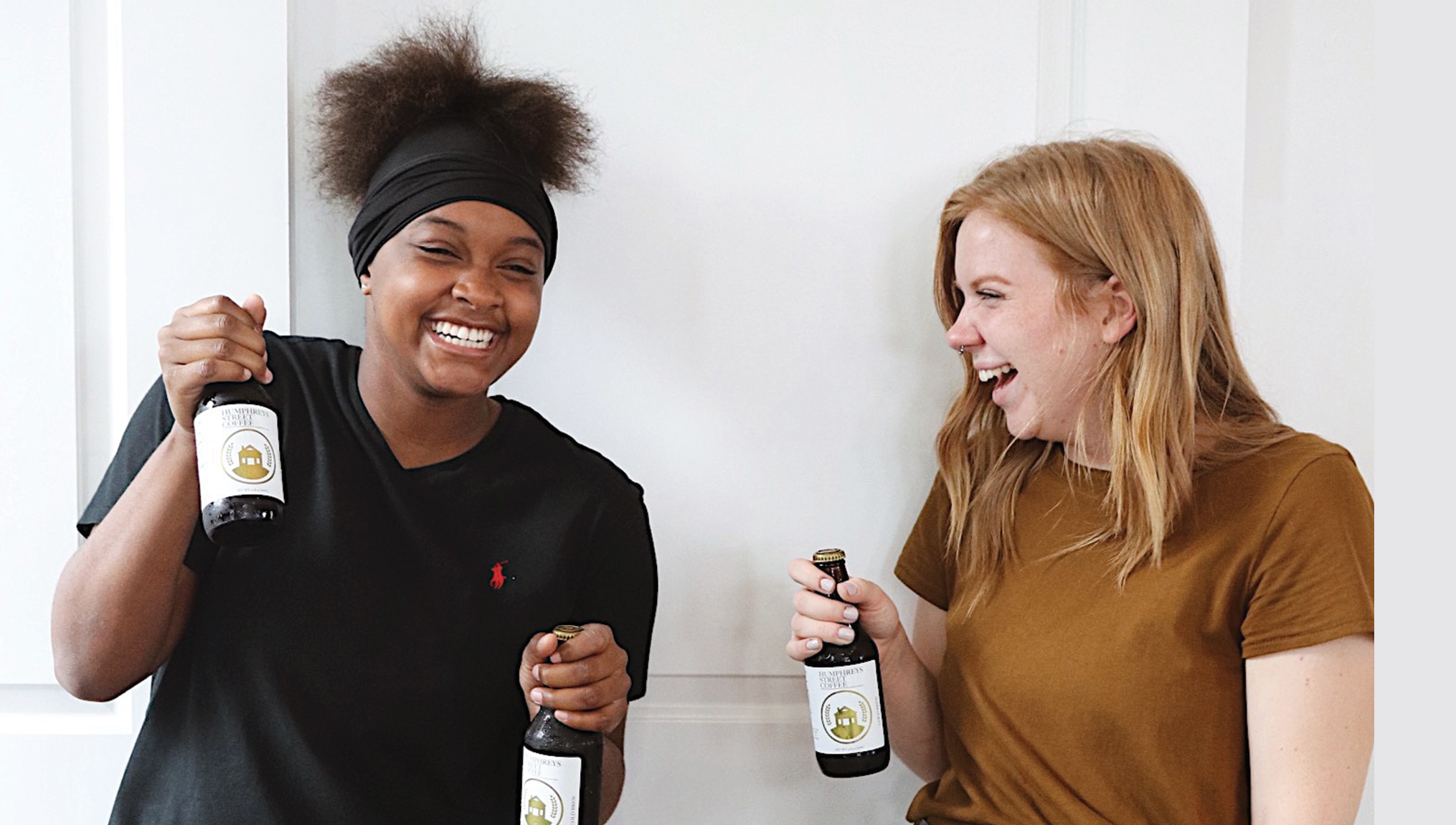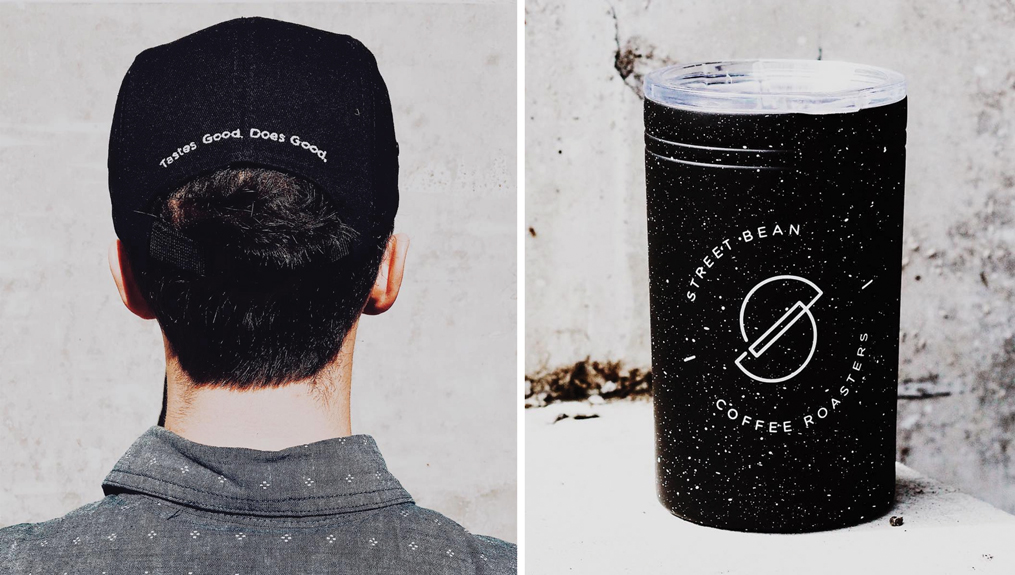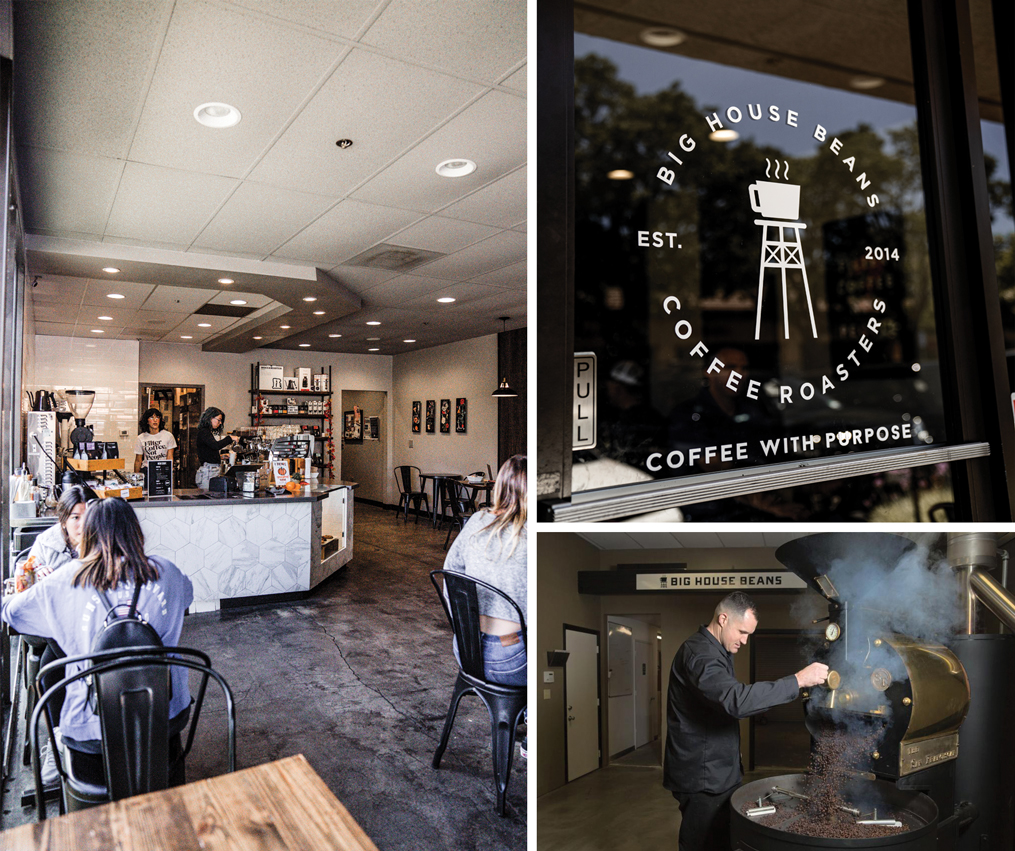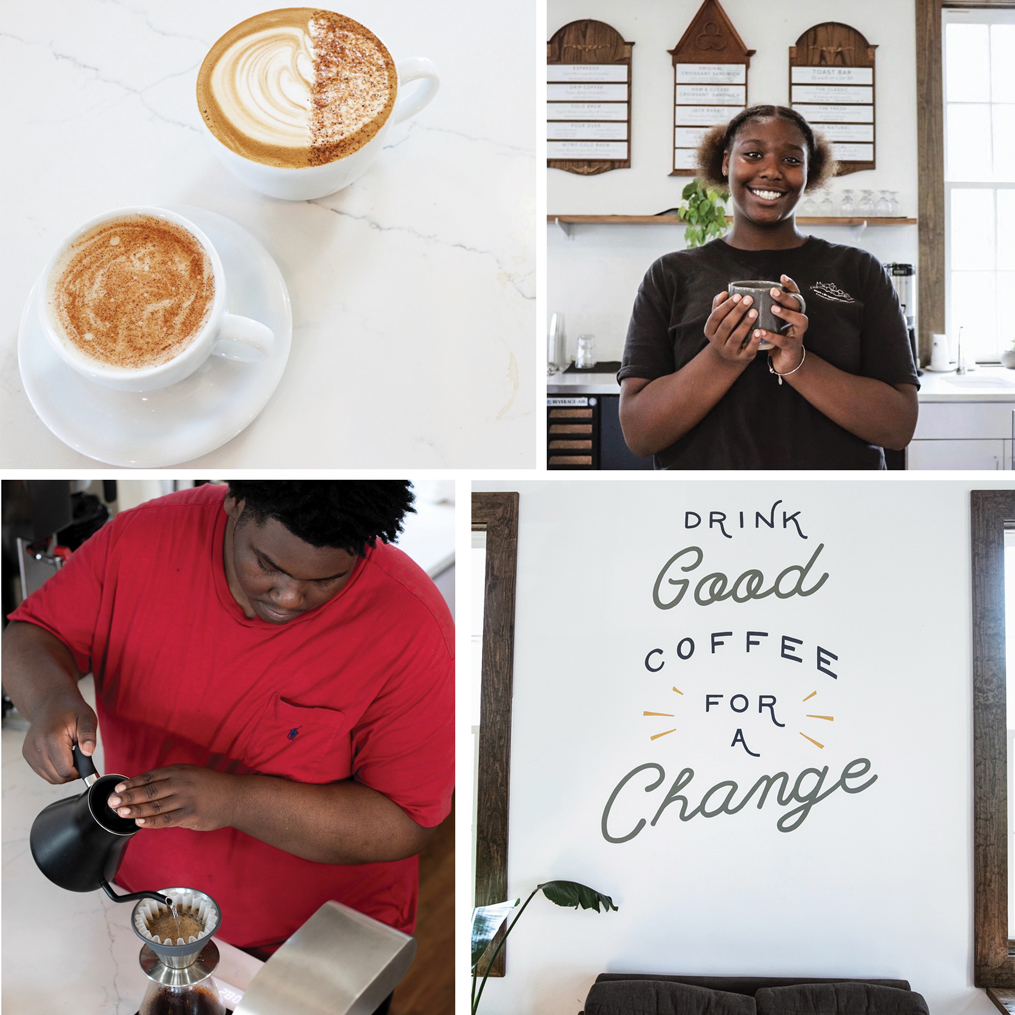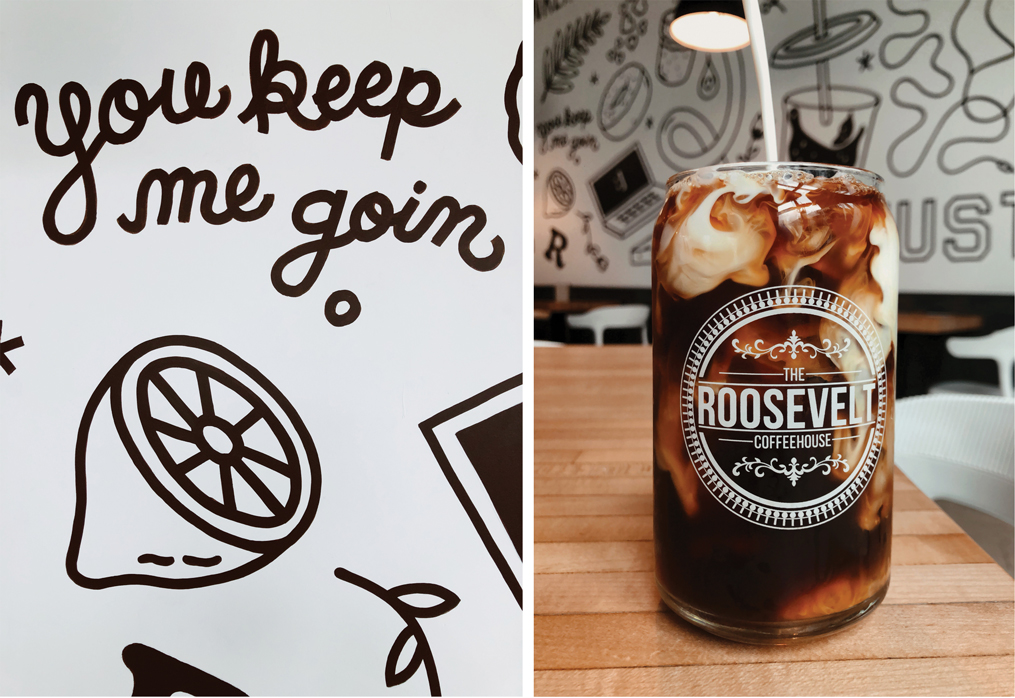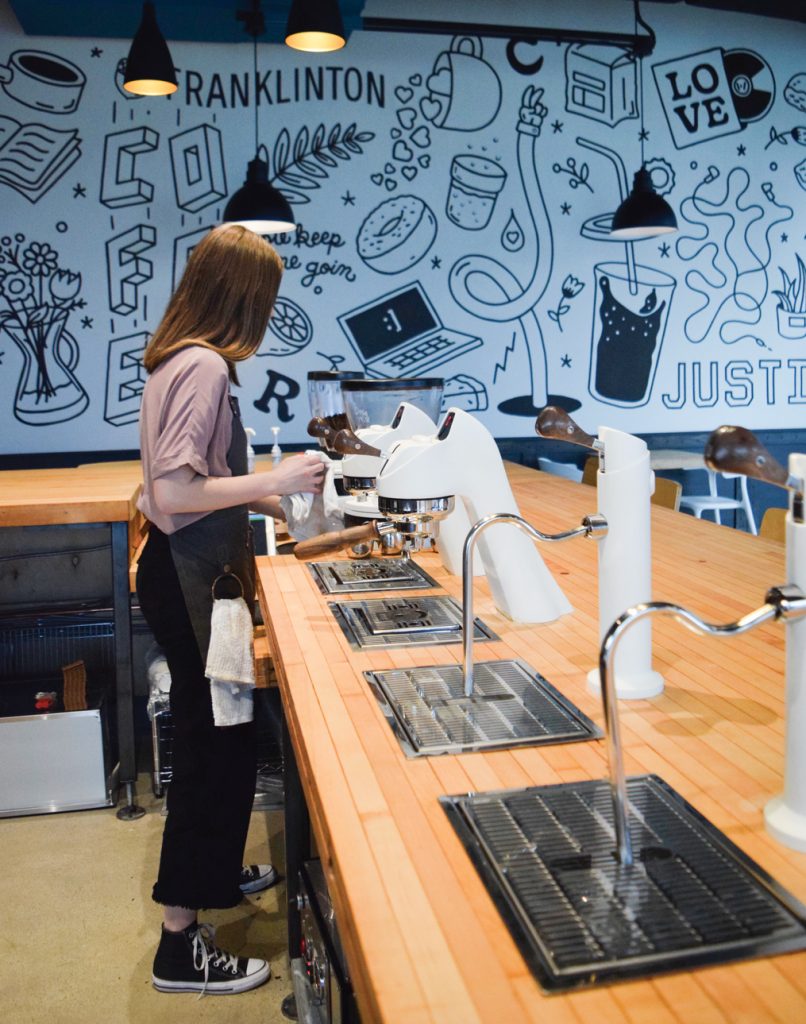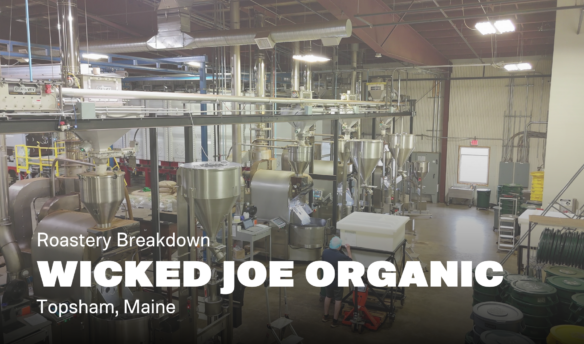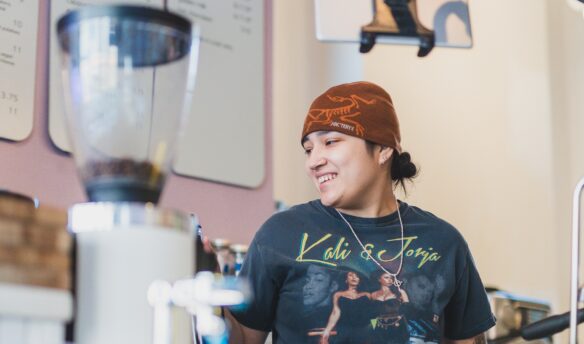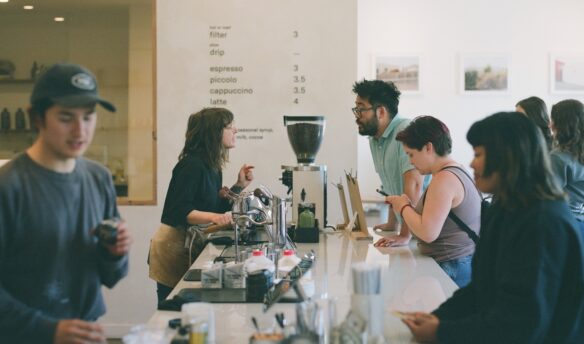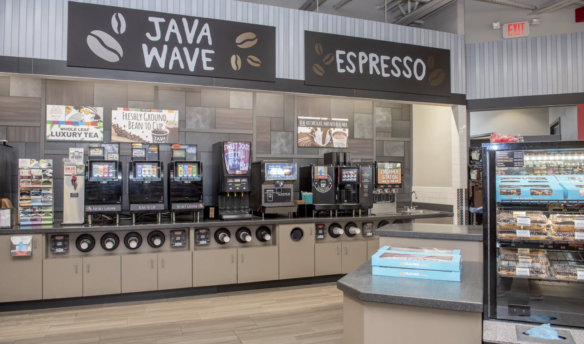As we wrap up a year that hasn’t always been filled with good news—both within the coffee world and outside of it. As the season of good cheer approaches, we’re spotlighting mission-driven and non-profit cafés that are not only serving up excellent drinks but also giving back to their communities. Whether through job training, fundraising, or other community activities, these cafés make a difference, one cup at a time.
Tasty Coffee, Transferable Skills
Ten years ago in Seattle, many people were experiencing homelessness, and while multiple organizations provided food and shelter, not enough offered opportunities for those seeking long-term, gainful employment.
To fill that need, Street Bean Coffee Roasters was founded in 2009. At the time, espresso carts were in full swing, and Starbucks was expanding rapidly. Offering “coffee training in a city that is coffee-centric” was a “perfect fit,” says Sean McDonald, director of operations for Street Bean.
Today, Street Bean continues to help young people experiencing homelessness by offering them four-month coffee apprenticeships. During initial training, apprentices receive coffee education, including a history of coffee, an overview of farm-to-cup coffee production, and an introduction to brewing methods. Before working in a storefront, apprentices also acquire hands-on training in using an espresso machine, making a pour-over, and handling cash registers.
Once trainees are comfortable with the hard skills, they begin working behind the bar, first on slow shifts and then transitioning to busier ones. Because Street Bean also roasts coffee, interested apprentices may be offered a second apprenticeship in roasting.
But not all apprentices stay in coffee.
“Coffee skills transfer to a lot of industries,” says McDonald. “That fast-paced, customer-facing orientation to be a barista applies to many other industries.” Street Bean counsels apprentices about their careers, working with various partners who can connect them to jobs—in coffee or elsewhere.
Starting Over Through Coffee
Similar to Street Bean, Big House Beans offers coffee job training. Cofounder John Krause has overcome a complex background: his father died when he was young, and his mother was mostly absent. He went to prison for the first time when he was 14 years old. For 17 years, he was stuck in a cycle of drug and alcohol addiction. But in 2010, he got out of prison for the last time.
“I was doing everything differently than I had done it before,” he explains. He became “borderline obsessed” with coffee, roasting with his mentor and pastor just for fun. But slowly, he wondered if he could turn his coffee passion into a business.
He had a different, non-coffee business at the time, and he shied away from talking about his addiction or his time in prison. But then he realized, “If I was courageous enough to tell my story in a way that did not glorify my past, I could probably help somebody.”
Before starting his own business, Krause had applied to more than 30 businesses, and no one would hire him. “I wanted to be in a position to create jobs for other people who’d struggled the way I struggled,” he says.
When Krause first opened the coffee roastery, the operation was small. From the beginning, he says they have stuck to a “quality over quantity” approach in coffee purchasing practices, coffee production, and helping people. In recent years, Big House has been expanding on all those fronts: They recently won multiple Golden Bean awards, recognizing the quality of their coffee, and in January, they’ll open three new cafés, adding to their existing location in Brentwood, California.
Jason Zheng, who works at Big House, adds: “A cup of coffee can represent that purpose, a start to a new day—it doesn’t matter what happened yesterday. You can attack a new day through a cup of coffee.”
Good Product, Good Mission
At Humphreys Street, underserved and under-resourced high school students are provided with job skills and mentorship. While Humphreys Street is part of a faith-based nonprofit called Harvest Hands CDC in Nashville, Tennessee, they’re serious about their coffee.
“We want [customers] to know they’re taking part in something good in the community, but if you’re not putting out a good product, you’re not going to have a sustainable thing,” says Ruben Torres, head roaster and production manager.
High school students at Humphreys work with customers at the bar and on the technical side of coffee in roasting and production. Baristas, meanwhile, act as mentors to the students, teaching coffee and life skills. While working at Humphreys Street, students also have access to various resources, such as college tours and financial literacy classes.
Torres explains that they take a holistic approach, both to their mission and the coffee. “Accommodate people who want to come in because of the mission and great coffee,” he says.
Love, Justice, Coffee
Using a slightly different model, The Roosevelt Coffeehouse in Columbus, Ohio, uses its profits to fight the injustices of hunger, unclean water, and human trafficking. Since 2015, they’ve given away more than $100,000.
“Everyone should agree that people should be free, need food, and shouldn’t die of a water-borne disease,” says Kenny Sipes, founder of The Roosevelt and executive director of the nonprofit behind it, Redeeming Injustice. They have five core values: love, justice, coffee, humility, and optimism. “We want people to walk in and feel valued more than ourselves, that they’re more than a customer,” adds Sipes.
When Roosevelt first opened, Sipes understood that nonprofit social enterprises aren’t always associated with great coffee. Initially, they were using Stumptown Coffee and a local roaster called One Line. “But we were interested in having coffee clout,” says Sipes. He attended a Counter Culture Coffee lab in Chicago, invested in a Modbar, and in 2018, launched Roosevelt Coffee Roasters.
Roosevelt baristas are attracted to both the coffee and the cause.
“When you work at The Roosevelt,” says Sipes, “you’re part of the whole mission and your commitment to quality.”
The Balancing Act of Running a Non-Profit Coffee Shop
How do you run a great café—and do justice to a great cause, too?
Alongside the cafés and nonprofits featured in this piece, nonprofit expert Amber Smith offers her best advice for those who want to make a difference in their community. Smith co-founded her nonprofit, Activate Good, in 2005 in Raleigh, North Carolina. The organization works with 500 nonprofits as a “force multiplier” to recruit and empower volunteers for the causes they care about—currently, around 12,000 volunteers a year.
Plan well
Planning is essential to success.
“Go in with a plan, and a vision for one year, three years, and five years,” says Smith.
Maybe you want to give a quarter of every dollar back to the community, but if you don’t plan, you won’t know whether you can afford it, says Sipes. “One reason we became a nonprofit is so we are accountable,” he adds. McDonald agrees but cautions that maintaining status as a 501(c)(3) requires planning. “You have to do a lot of work on the back-end to warrant that certification,” he says.
Be passionate
“Whatever you’re passionate about, let that be what drives you,” says Sipes. It has to be a “natural extension,” says Zheng. Much like coffee, the best community work comes from people who genuinely have a passion.
Build relationships
This is where cafés can shine, says Smith.
“Coffee shops are the perfect vehicle to [build relationships] because it’s where everyone wants to meet anyway,” she says. Building relationships and finding partners makes causes sustainable—it funds them, finds people to volunteer and work for them, and increases impact.
Building relationships is also a perfect place for cafés to start, even before considering whether they should become nonprofits or take on larger missions. “Be hyper-connected to your local community, see what the needs of the people around you are first, and then expand from there,” says McDonald.
Especially when it comes to job training in cafés, building partnerships is crucial. “Work with some organizations in the community that will be a buffer and help you vet candidates,” says Krause. Relationship building, says Smith, “allows you to connect people to resources that you may not be the best fit for.”
This story was originally published in the December 2019 print version of Fresh Cup Magazine. It has been edited according to Fresh Cup’s current editorial standards and shorten for digital re-publication.



